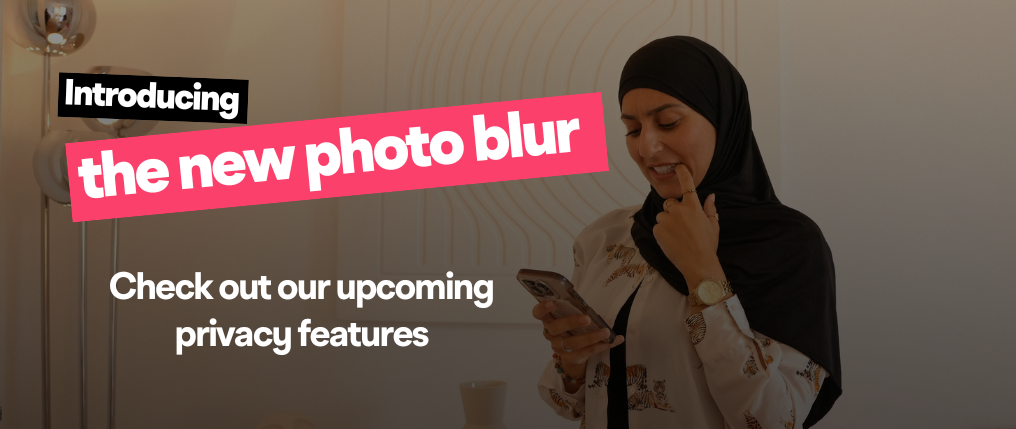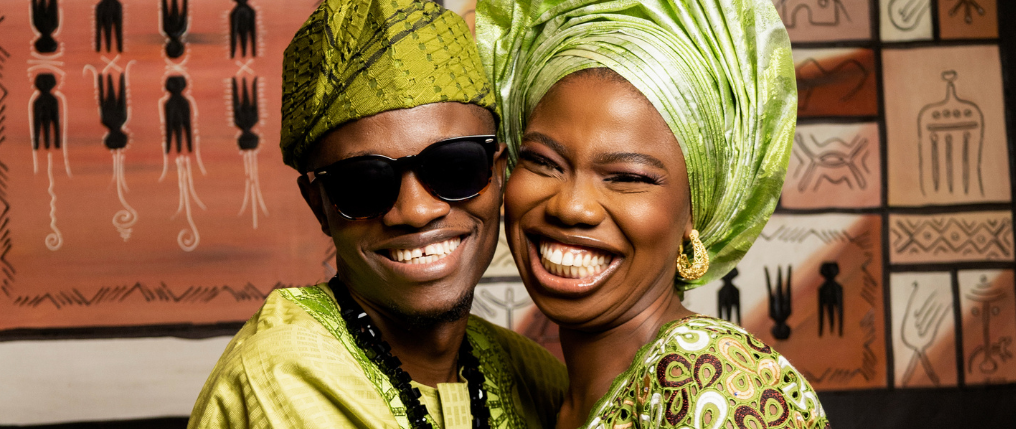
Self-Love & Autonomy In Marriage: Part 2
September 8, 2020

Haven’t read part 1 yet? Click here to catch up!
In part 1 of my blog I discussed the importance of maintaining healthy boundaries within a marriage, to allow both partners to grow individually without having to sacrifice their independence. Part 2 will discuss another important aspect in remaining independent: Self love.


Looking for your soulmate?
You won’t find your soulmate on this blog post but you might find them on Muzz - the world’s biggest Muslim dating and marriage app.
Self-Love Always Comes First.
Whether you are married or not, self-love should always be a priority in your life. Loving and allowing someone to love us is merely impossible if we cannot love ourselves. How someone makes us feel can fall short to our expectations especially when we are not doing the work.
Lack of self-love and confidence puts a strain on relationships, especially a relationship as delicate as marriage. Over the years I’ve noticed that my own insecurities have led to misunderstandings, and unrealistic assumptions about how my husband feels about me. I’ve also experienced many friends and loved ones struggle because of how they see themselves.

One scenario that comes to mind that I feel many readers will relate to is the feeling of “not being good enough”. I remember during an argument with my husband I expressed how inadequate I felt as a wife, and as a person sometimes. After my emotions subsided I realized that how I felt about myself was not necessarily how my husband felt about me.
By not addressing those destructive thoughts about myself I was not only harming myself, but also creating tension in my marriage. I noticed that the more I focused on my flaws the harder it became to be independent and self sufficient. I would find myself feeling like an extension of my marriage, and not vice versa. As if my relationship with my husband defined who I was as a person. It was an unhealthy head space, and change was necessary.

How exactly did I change my self destructive thoughts?
Well for starters I had to acknowledge that they existed. My past experiences with toxic friends, family, and loved ones put me into a habit of internalizing their negative perceptions of me. I assumed that they were right about me, and that everyone else would notice these flaws. I was wrong. Toxic people will do and say whatever it takes to exert power over you – and if that is not decompressed it lingers in the back of your head. You begin to obsess over it and as a result all aspects of your life suffers. A few things I practice every time my head is going to a negative space is ‘mindfulness’ and ‘stomach breathing’.
Mindfulness is basically refocusing your brain to concentrate on the present. We can do this by acknowledging everything that is around us. Training our brain to be content in the now and less focused on the past or future. Mindfulness can, and should be practised all throughout the day but it’s also very valuable to take time out during the week to concentrate and refocus. Through this process I have learned to establish healthy boundaries for myself and also block out negative energy.

While mindfulness addresses the thought process, stomach breathing really hones in on the physical aspects. When I am feeling insecure about myself there’s an overwhelming amount of suffocation and heaviness I feel all throughout my body. This discomfort can carry into the bedroom and really butcher romantic gestures. By combining stomach breathing with mindfulness I am slowly training my body to feel more confident, and less impacted by my insecurities.
As silly as it may seem these two simple approaches are probably one of the most effective ways to create healthy boundaries in intimate relationships and create a positive fulfilling sense of self. From a cultural perspective mindfulness and stomach breathing probably sounds daunting and unrealistic. But I highly encourage you to try it before dismissing the process.

When I first started this process I felt it only helped for a short period of time- until of course the symptoms returned. However as I continued this process I noticed that the negative thoughts became less daunting, and easier to ignore. Of Course it’s merely impossible for unhappy thoughts to be non-existent. Like it or not they are a part of us, but how those unhappy, negative thoughts impact us and our spouses is all within our control. As this piece comes to an end I hope my experience and journey to love and be loved inspires you to do the same.
Much love, and endless duas from my rooh to yours,
Jabin Ahmed
Jabin Ahmed is an inspirational writer, artist, activist and creator. She has a Bachelors in Sociology from Russel Sage College, and a Masters in Public Health from the University of New England. Currently she is working towards her Masters in Islamic Studies and pursuing her passion for writing.
Jabin uses her life experiences as a Muslim, Brown, Second Gen. American woman to create change through various mediums and movements. Her work is themed around identity, religion, love, loss, mental health, trauma, healing, self-care, femininity, social justice, education, and empowerment. Jabin hopes to create change in her community and in the world through compassion and dedication.
Read more of Jabins’ work at: https://jabeanie.wordpress.com/

